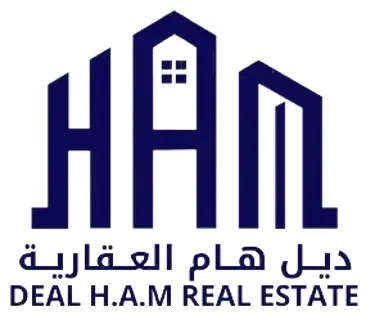Technology continues to bring significant changes to the property management sector, making property management more efficient and effective. In the past, property management relied heavily on traditional methods that required a lot of time and effort. Today, with technological advancements, many processes can be automated using digital tools and advanced technologies. In this article, we explore the major role of technology in the development of modern property management through six key areas.
1. Digital Transformation in Property Management
Digital transformation in property management has brought a major breakthrough to this sector. By using specialized software, investors and property managers can manage all aspects of properties digitally. This includes managing contracts, paying rents, and handling maintenance digitally. These systems automate many routine tasks, such as sending reminders to tenants, tracking payments, and updating records, which saves time and effort and reduces human errors. These systems also help speed up processes and reduce costs associated with traditional management.
2. Smart Property Management Systems
One of the most prominent technological innovations in property management is Smart Property Management Systems (PMS). These systems allow for the management of all property aspects through a single interface, including facilities, residential units, and occupancy rates. These systems help improve the organization of maintenance operations, monitor the financial performance of the property, and coordinate daily activities. With information technology, it is now possible to collect and analyze data in real-time, helping make faster and more accurate decisions.
3. Mobile Applications to Enhance User Experience
Smartphone applications have become essential tools in modern property management. These apps provide an interactive platform for owners and tenants to easily communicate with management. Tenants can pay rent, submit maintenance requests, or even book shared facilities through these apps. These apps also improve service quality by allowing tenants to track their issues continuously and receive quick responses from property management. This contributes to higher customer satisfaction and enhances their overall experience.
4. Big Data and Its Analysis to Improve Decision-Making
Big data has become an integral part of modern property management. By collecting data from property management systems, IoT devices, and other sources, managers can gain detailed insights into property performance. Through data analysis, managers can make strategic decisions based on evidence, such as improving occupancy rates or identifying areas for future maintenance. This data can also be used for market research, helping to make better investment decisions.
5. Artificial Intelligence to Improve Operations
Artificial intelligence (AI) technologies are important tools in modern property management. In addition to automating many daily tasks, AI can improve maintenance operations and predict future needs. For instance, AI can detect potential failures before they occur based on performance data, allowing for preventive maintenance that prevents major issues. AI can also analyze tenant behavior, helping to tailor offers and services that meet their specific needs.
6. Internet of Things (IoT) to Enhance Sustainability and Efficiency
The Internet of Things (IoT) is one of the most significant technological trends in the property sector, contributing to transforming properties into smart environments. Through connected devices, such as smart sensors, property managers can monitor energy and water consumption, identifying areas that need maintenance or upgrades. These technologies enhance resource efficiency, help reduce waste, and contribute to sustainability goals. For example, smart lighting controls and intelligent air conditioning systems can reduce operational costs, making properties more environmentally and economically efficient.
Conclusion
Technology has become a fundamental element in enhancing modern property management. Through digital transformation, smart property management systems, the use of artificial intelligence, and the activation of IoT technologies, developers and investors in the property sector can improve operational efficiency, reduce costs, and achieve greater environmental sustainability. These technologies also contribute to enhancing the tenant experience and increasing customer satisfaction, making properties more attractive to both investors and tenants.
